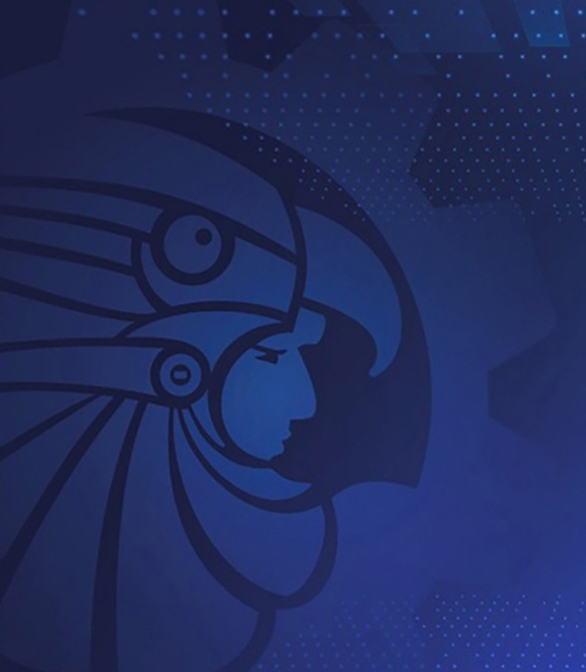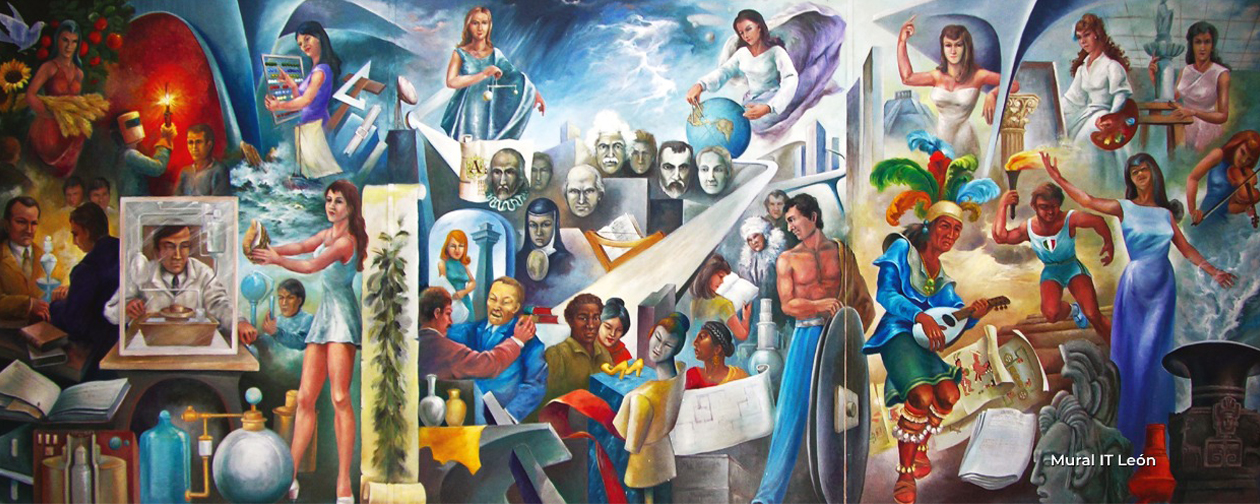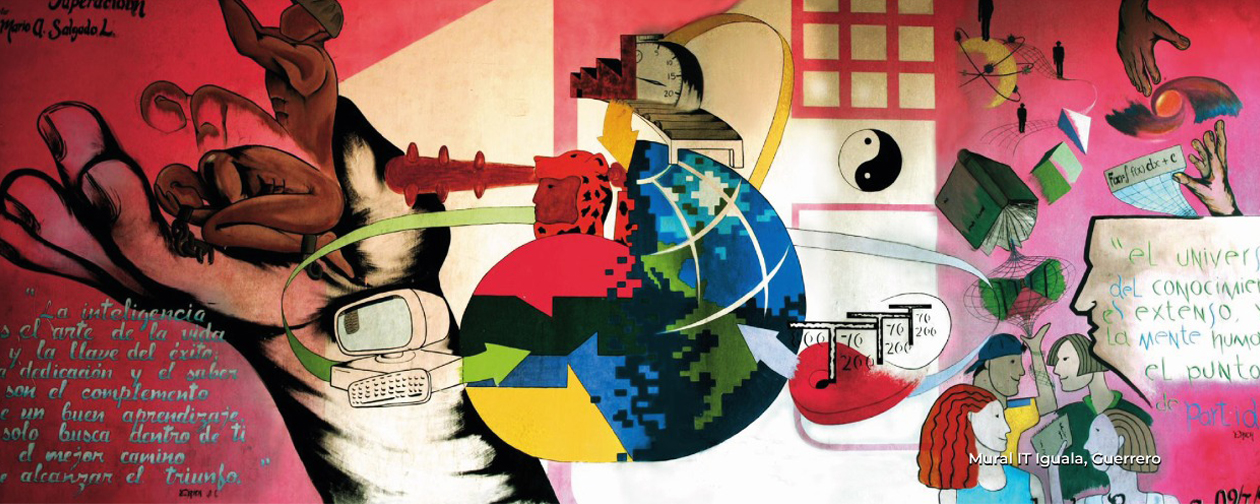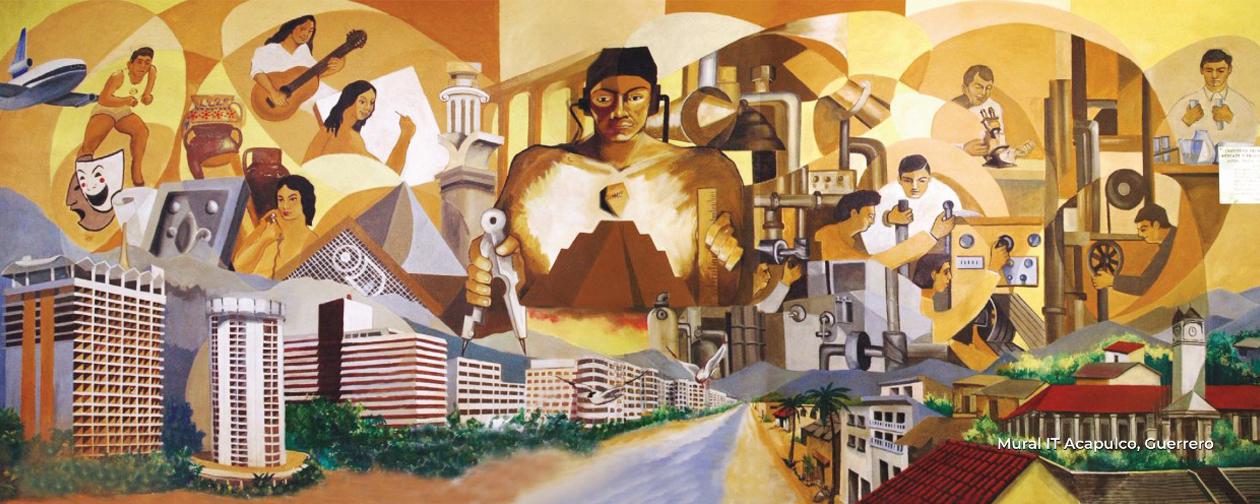
Please use this identifier to cite or link to this item:
https://rinacional.tecnm.mx/jspui/handle/TecNM/2926Full metadata record
| DC Field | Value | Language |
|---|---|---|
| dc.contributor.author | Vazquez Trejo, Juan Antonio%702441 | - |
| dc.creator | Vazquez Trejo, Juan Antonio%702441 | - |
| dc.date.accessioned | 2022-02-17T18:30:19Z | - |
| dc.date.available | 2022-02-17T18:30:19Z | - |
| dc.date.issued | 2021-08-20 | - |
| dc.identifier.uri | https://rinacional.tecnm.mx/jspui/handle/TecNM/2926 | - |
| dc.description | Increasing demand for safe and reliable dynamic systems has been becoming an important subject. Modern control systems are becoming more complex and sophisticated, in consequence, the issues of availability, cost efficiency, reliability, operating safety, and environmental protection are of major importance. Fault-tolerant control has become an important subject in modern control theory and practice. Due to the higher complexity and the increasing number of components, multi-agent systems are particularly sensitive to faults, which can happen with a higher probability and result in performance degradation or breakdown of all the agents. This thesis presents the design of different fault-tolerant methods based on multi-agent system theoretical framework. The leader-following problem is considered with the aim that all agents follow the trajectory of a leader agent in spite of faults. The main contributions of this thesis are focused on control strategies for different external unknown inputs considered as faults and/or disturbances: 1) The design of an event-triggered mechanism to solve the leader-following control problem reducing the exchange of information between agents and the control update rate; 2) The design of a fault-tolerant control based on virtual actuators in multi-agent systems subject to actuators faults; 3) The design of an event-triggered formation control for multi-agent systems with communication faults; 4) The design of a quadratic boundedness leader-following control in multi-agent systems subject to bounded disturbances. The performance and effectiveness of the proposed strategies are shown through numerical examples and implementation in an experimental fleet of unmanned aerial vehicles. | es_MX |
| dc.language.iso | eng | es_MX |
| dc.publisher | Tecnológico Nacional de México | es_MX |
| dc.rights.uri | http://creativecommons.org/licenses/by-nc-nd/4.0 | es_MX |
| dc.subject | info:eu-repo/classification/cti/7 | es_MX |
| dc.subject.other | Fault-tolerant control, leader-following consensus, communication faults, quadratic boundedness consensus, virtual actuators, formation control, UAVs. | es_MX |
| dc.title | Diseño de Métodos Tolerantes a Fallas para una Flotilla de Vehículos Autónomos Contra Fallas o Averías Basado en Sistemas Multi- Agentes | es_MX |
| dc.type | info:eu-repo/semantics/doctoralThesis | es_MX |
| dc.contributor.director | Adam Medina, Manuel%202452 | - |
| dc.contributor.director | Garcia Beltran, Carlos Daniel%122157 | es_MX |
| dc.folio | 21-0070 | es_MX |
| dc.rights.access | info:eu-repo/semantics/openAccess | es_MX |
| dc.publisher.tecnm | Centro Nacional de Investigación y Desarrollo Tecnológico | es_MX |
| Appears in Collections: | Tesis de Doctorado en Ingeniería Electrónica "O" | |
Files in This Item:
| File | Description | Size | Format | |
|---|---|---|---|---|
| DE_Juan_Antonio_Vazquez_Trejo_2021.pdf | Tesis | 48.24 MB | Adobe PDF | View/Open |
| DE_Juan_Antonio_Vazquez_Trejo_2021_c.pdf Restricted Access | Cesión de derechos | 243.02 kB | Adobe PDF | View/Open Request a copy |
This item is protected by original copyright |
This item is licensed under a Creative Commons License





